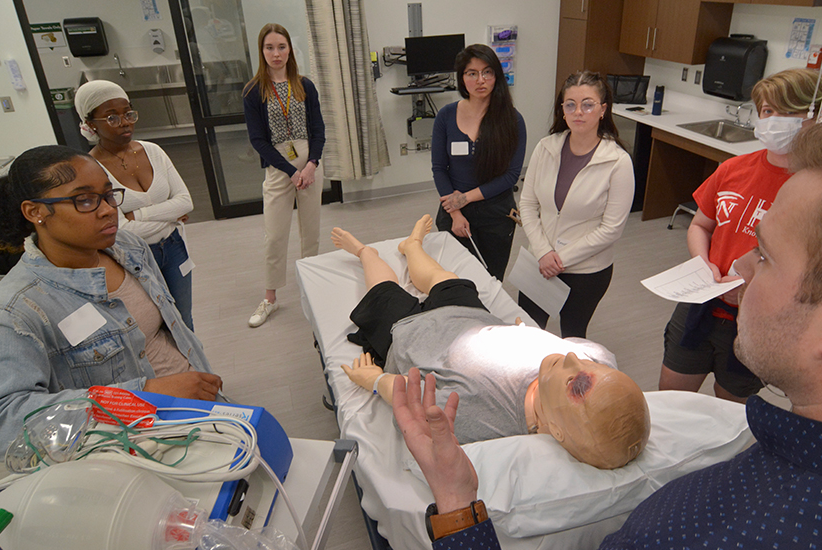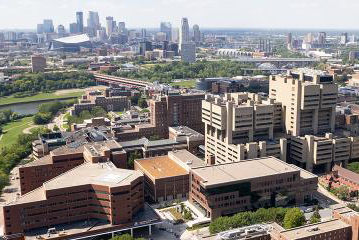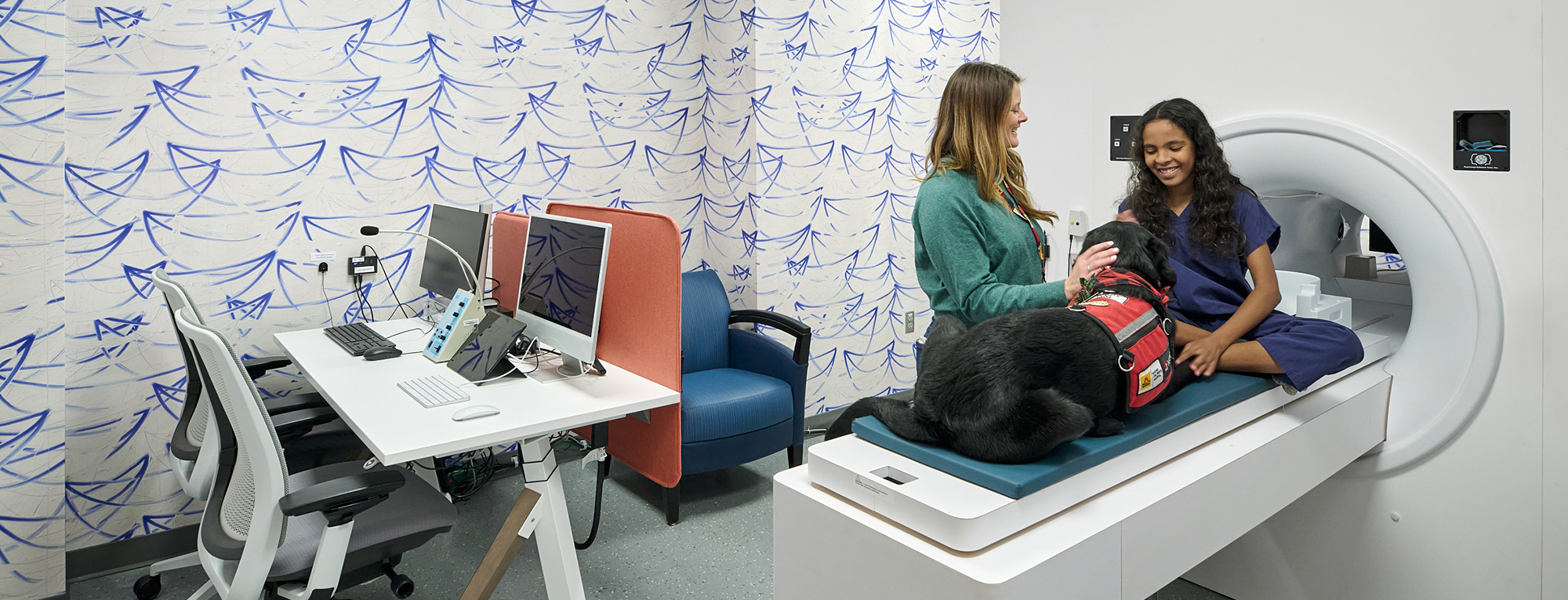The Office of Academic Clinical Affairs
The Office of Academic Clinical Affairs leverages and broadens interdisciplinary opportunities and supports infrastructure for clinical research and training.

Centers and Institutes

Strategic Priorities

Initiatives
Land-grant University
The University of Minnesota Twin Cities is built within the traditional homelands of the Dakota people. It is important to acknowledge the peoples on whose land we live, learn, and work as we seek to improve and strengthen our relations with our tribal nations. We also acknowledge that words are not enough. We must ensure that our institution provides support, resources, and programs that increase access to all aspects of higher education for our American Indian students, staff, faculty, and community members.
